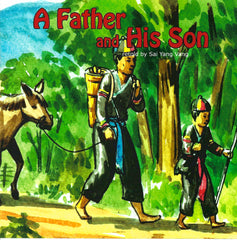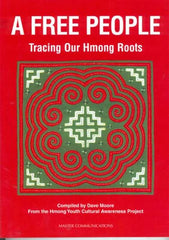Immigrant Agency: Hmong American Movements and the Politics of Racialized Incorporation
Paperback, 189 pages, 6x9, English
by Yang Sao Xiong
ISBN: 978-1-9788-2404-1
Through a sociological analysis of Hmong former refugees’ grassroots movements in the United States between the 1990s and 2000s, Immigrant Agency shows how Hmong, despite being one of America’s most economically impoverished ethnic groups, were able to make sustained claims on and have their interests represented in public policies. The author, Yang Sao Xiong argues that the key to understanding how immigrants incorporate themselves politically is to understand how they mobilize collective action and make choices in circumstances far from racially neutral. Immigrant groups, in response to political threats or opportunities or both, mobilize collective action and make strategic choices about how to position themselves vis-à-vis other minority groups, how to construct group identities, and how to deploy various tactics in order to engage with the U.S. political system and influence policy. In response to immigrants’ collective claims, the racial state engages in racialization which undermines immigrants’ political standing and perpetuates their marginalization.
Editorial Reviews
Review
"In Immigrant Agency, Xiong offers a thoughtful and rigorous analysis of immigrant collective action and political incorporation through the case of Hmong Americans. He sheds light on how a vulnerable group of refugees from Laos, in response to political threats or opportunities, strategically interacts with the state and other minority groups to effectively influence public policies. This is an important contribution to the fields of migration studies, ethnic politics and Asian American studies." -- Min Zhou ― Distinguished Professor of Sociology & Asian American Studies, UCLA






